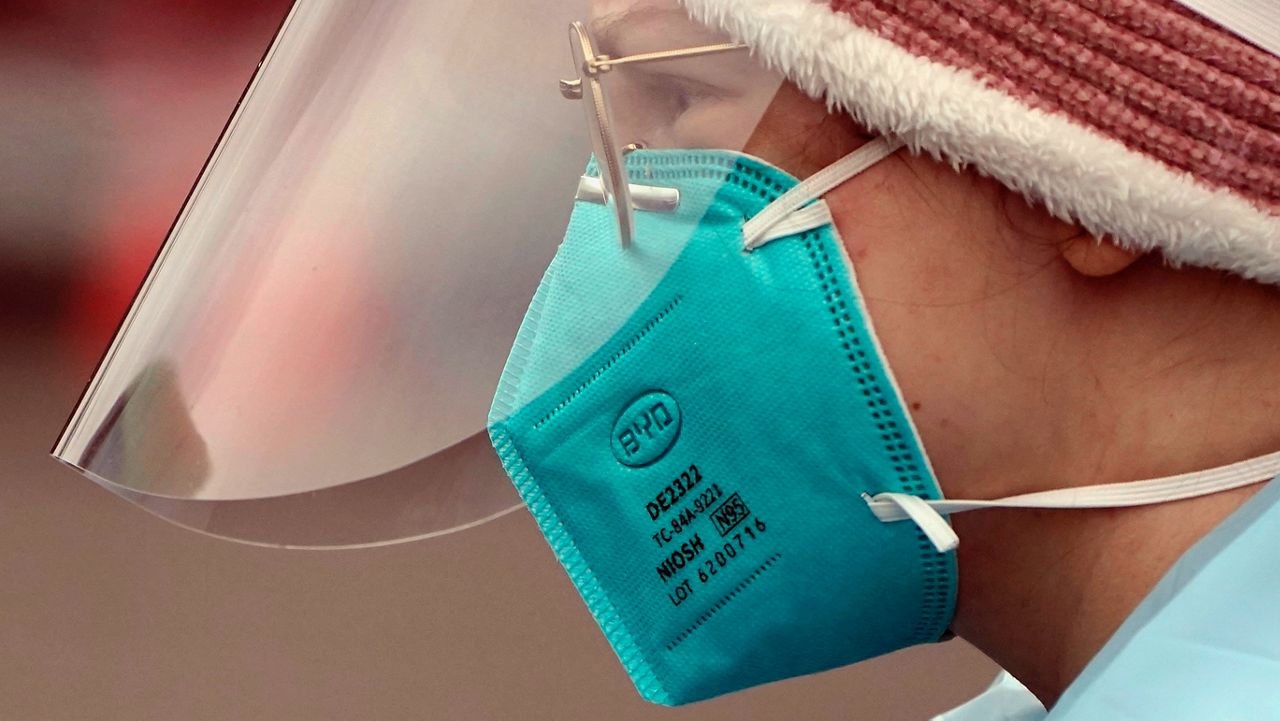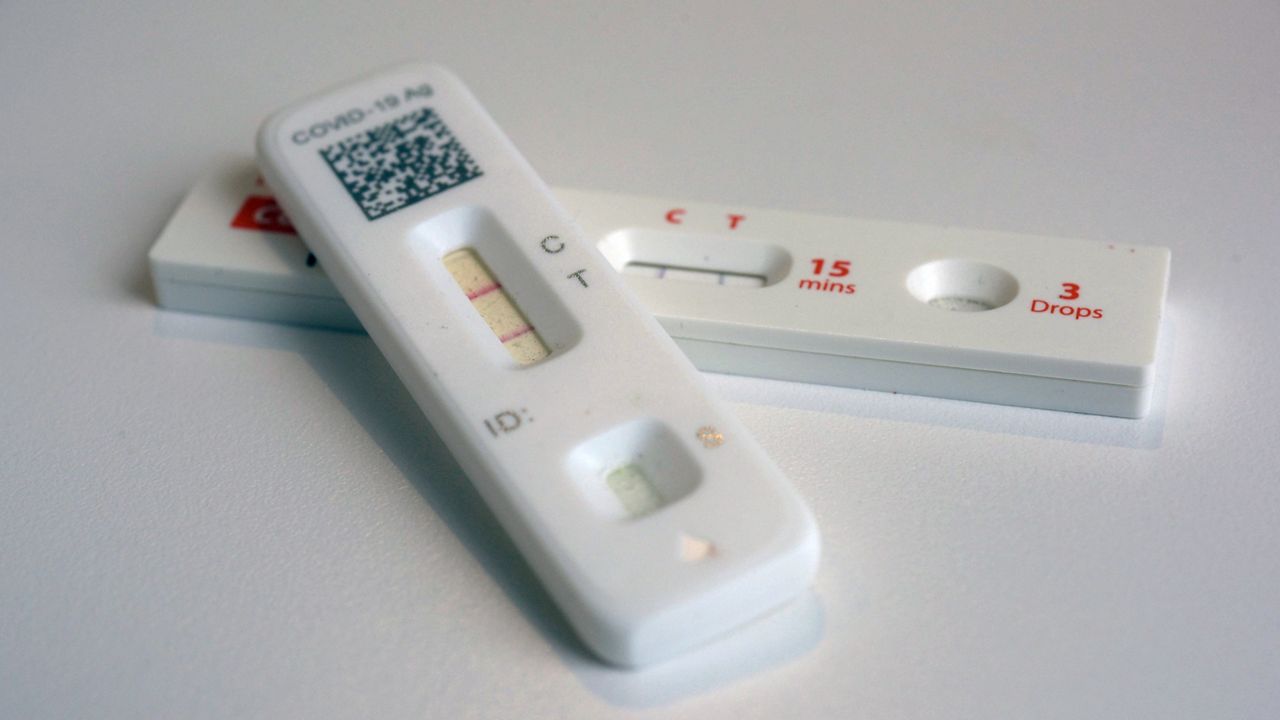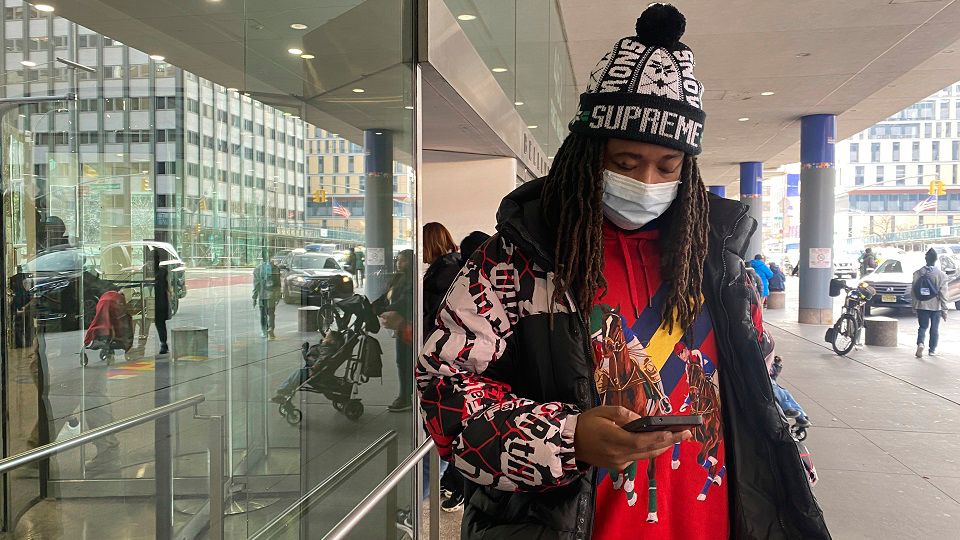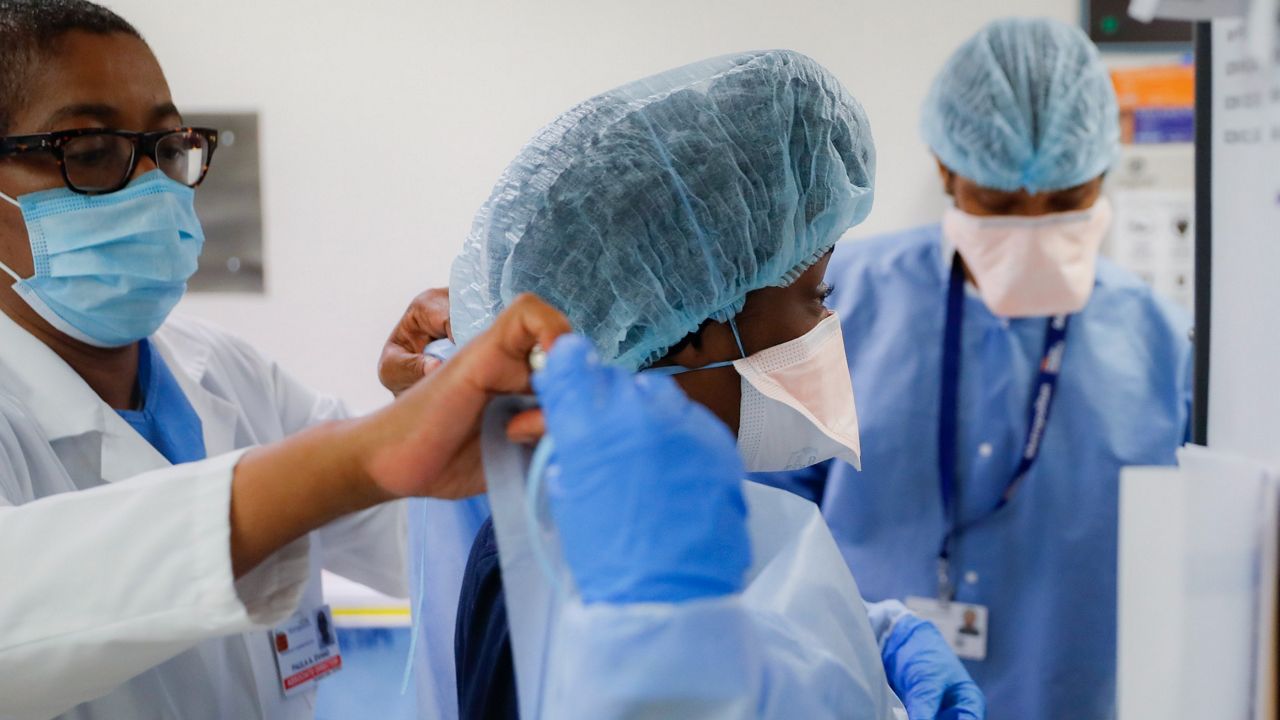In a Nov. 3 video that’s part of a public awareness campaign, state Health Commissioner Dr. Mary Bassett warned New Yorkers about a so-called "triple threat" of respiratory viruses going around.
“This fall we’re facing a triple threat from respiratory infections like RSV, flu, and COVID-19,” Bassett said.
“RSV is not a new virus, but it can be dangerous for very young children,” Bassett added.
What You Need To Know
- The week of Oct. 31 to Nov. 5, the most recent week with recorded data, more than 4,500 cases of RSV were reported in the city
- RSV is a respiratory virus that typically causes mild cold-like symptoms, including cough, fever and runny nose
- Doctors say children two years and younger are most at-risk for serious symptoms
- Health officials are asking parents to talk with your pediatrician before taking a sick child to the ER, to help ease the burden on overwhelmed hospitals
RSV, or Respiratory Syncytial Virus, is a common respiratory virus that typically causes mild, cold-like symptoms, including cough, runny nose and fever.
In some cases, especially in children two years old and younger, those symptoms can become severe.
Right now, a record number of young children are hospitalized with the virus.
Hospitals, meanwhile, are struggling to handle the influx of patients.
The latest numbers from the city’s health department show a steady increase in RSV cases each week since September.
The week ending November 5, more than 4,500 cases of the virus has been reported in New York City.
Numbers from the federal Centers for Disease Control and Prevention show a similar upward trend in cases across the country.
“The hospital, my ICU, we’re all working above capacity at this point, and this is weeks now we’ve been doing this,” said Dr. James Schneider, the head of the ICU at Cohen Children’s Medical Center in Glen Oaks, Queens.
Schneider said it can be hard for parents to differentiate between the flu, RSV and COVID, because all three can lead to similar symptoms.
He said if symptoms are mild, RSV can be treated at home.
“The time to call your pediatrician to have your child evaluated is when you start to see that your child is having difficulty breathing, it’s when they’re breathing fast, you start to see their bellies are working harder, you may see their ribs moving when they’re breathing,” said Schneider.
Schneider said what’s perhaps most concerning is how early we’re seeing this spike. Cases typically peak in December or January.
But he said the last two winters, that spike never happened.
“We spent the last two years not seeing much of this at all, in fact,” Schneider said.
He said that’s likely because many kids spent much of the last two years at home, quarantining and social distancing because of COVID.
Because they were home, many kids didn’t build immunity to common viruses, like RSV.
“So now there’s a very vulnerable population of people with very little immunity floating in the community, and it’s very likely that’s what’s contributing to this,” said Schneider.
And contributing to the fear of a long winter ahead.
Health officials are asking parents to talk to their pediatrician before taking a sick child to the emergency room, to help ease the burden on the overwhelmed hospitals.









